
Navigating the Evolving Landscape of Automotive Filtration
In the dynamic automotive sector, the critical role of filtration systems, particularly car air filters, cannot be overstated. These components are indispensable for ensuring both optimal engine performance and superior in-cabin air quality, directly impacting vehicle longevity, fuel efficiency, and passenger health. The global market for automotive filters continues to exhibit robust growth, driven by increasing vehicle production, stricter emission standards, and a rising consumer awareness regarding indoor air quality within vehicles. Industry trends indicate a significant shift towards advanced filtration media, including multi-layered synthetic fibers and activated carbon, designed to capture microscopic particulate matter (PM2.5), allergens, and volatile organic compounds (VOCs). Furthermore, the advent of electric vehicles (EVs), while negating the need for traditional engine air filters, intensifies the focus on high-efficiency cabin air filters, emphasizing the sustained relevance and evolving nature of this product category. Manufacturers are also exploring smart filtration solutions, incorporating sensors to monitor filter life and air quality, thereby enabling predictive maintenance and enhanced user experience. This comprehensive evolution underscores the complex engineering and material science expertise required from a modern car air filters factory to meet contemporary demands, pushing the boundaries of what is possible in automotive environmental control. The emphasis on sustainability is also driving the development of recyclable and biodegradable filter materials, aligning with broader environmental responsibility goals across the automotive supply chain.
The demand for high-performance car air filters is projected to escalate, particularly in urbanized regions grappling with increased air pollution. This heightened demand necessitates a sophisticated understanding of filtration mechanisms, material science, and manufacturing precision to deliver products that consistently meet or exceed global standards. Key market drivers include the expansion of the automotive aftermarket, the imperative for cleaner air inside vehicles for health and comfort, and the continuous advancement in filter media technology. These advancements often involve nano-fiber technology, electrostatic charging, and composite materials that offer superior dust holding capacity and filtration efficiency with minimal pressure drop, which is crucial for maintaining engine performance and HVAC system efficiency. Furthermore, the competitive landscape among car air filters suppliers is driving innovation, leading to a wider array of specialized filters tailored for specific vehicle models and environmental conditions. This includes filters designed for dusty environments, those optimized for allergen removal, and filters with enhanced odor absorption capabilities. Such specialization highlights the bespoke nature of modern filtration solutions and the necessity for suppliers to offer a diverse portfolio, ensuring that every vehicle, from a compact passenger car to a heavy-duty commercial truck, can benefit from optimal air filtration. The ongoing research into advanced materials and smart technologies is poised to further revolutionize this essential component of automotive engineering.
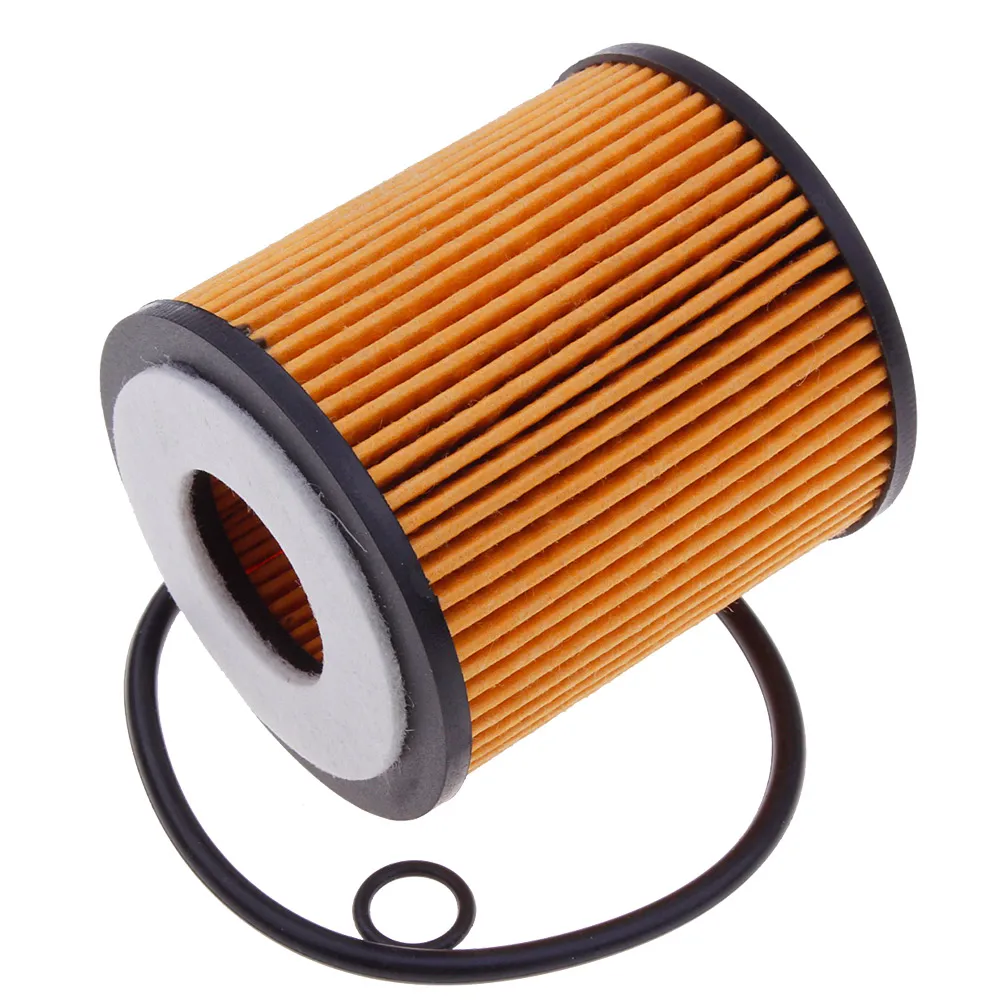
The Anatomy and Technical Parameters of Advanced Car Air Filters
Understanding the technical specifications of car air filters is paramount for both automotive engineers and fleet managers. A filter's performance is primarily defined by several key parameters: filtration efficiency, dust holding capacity, and pressure drop. Filtration efficiency, often expressed as a percentage, measures the filter's ability to capture particulate matter of a specific size. For engine air filters, this directly impacts engine longevity by preventing abrasive particles from entering combustion chambers, while for cabin air filters, it determines the cleanliness of the air breathed by occupants. Dust holding capacity quantifies the total amount of dust a filter can retain before its performance degrades significantly, influencing its effective service life. Pressure drop, or airflow restriction, is the resistance encountered by air as it passes through the filter media. A low pressure drop is desirable as it ensures optimal airflow to the engine for efficient combustion or to the cabin for effective ventilation, without overworking the HVAC system. High-efficiency particulate air (HEPA) filters, for instance, are designed to capture 99.97% of airborne particles 0.3 micrometers in diameter, a standard typically associated with premium cabin filters. Activated carbon layers are often integrated into cabin filters to adsorb odors, harmful gases, and VOCs, providing a comprehensive air purification solution. The choice of filter media—ranging from pleated paper to synthetic non-wovens and multi-layered composites—directly influences these parameters, reflecting the sophisticated material science involved in modern car air filters.
Manufacturers adhere to rigorous testing standards, such as ISO 5011 for engine air filters and ISO/TS 11155-1 for cabin air filters, to validate product performance. These standards ensure that filters meet specific performance criteria under simulated operating conditions. The Minimum Efficiency Reporting Value (MERV) rating, defined by ASHRAE Standard 52.2, is also a common metric for assessing filtration efficiency, though more prevalent in HVAC systems, its principles apply to automotive filtration. For engine air filters, the typical lifespan ranges from 15,000 to 45,000 miles, depending on driving conditions and filter type, directly impacting fuel economy and engine wear. Cabin air filters generally require replacement every 12,000 to 15,000 miles or annually. The applicability extends across various vehicle types, from standard passenger cars and luxury sedans to light commercial vehicles, heavy-duty trucks, and even specialized off-road equipment, each requiring filters engineered for their specific operational environments and air quality needs. This deep technical understanding is what differentiates leading car air filters suppliers, enabling them to offer superior products that contribute significantly to vehicle reliability and occupant well-being. The integration of anti-microbial treatments and multi-functional layers represents the ongoing innovation in this field, addressing specific challenges like mold growth within HVAC systems and emerging air quality concerns.
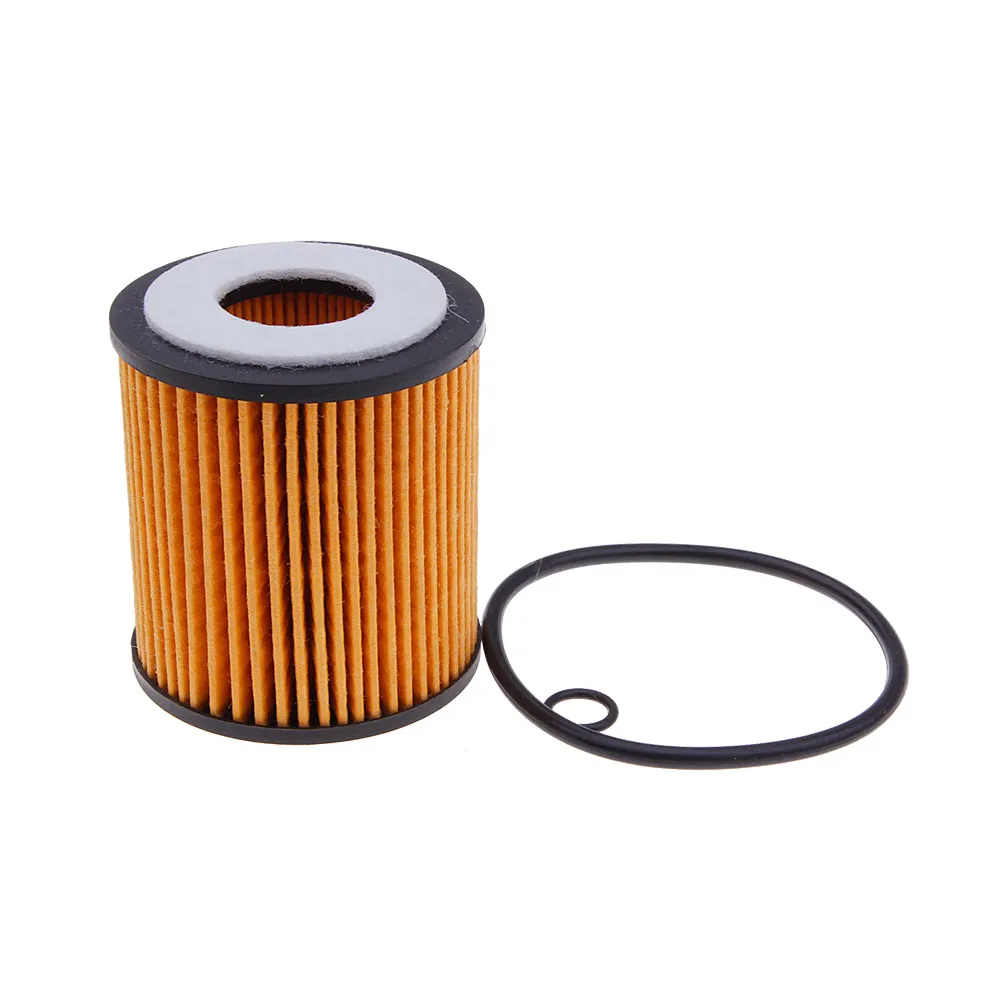
Key Car Air Filter Specifications Overview
| Parameter | Engine Air Filter (Typical) | Cabin Air Filter (Standard) | Cabin Air Filter (Premium/Activated Carbon) |
|---|---|---|---|
| Primary Function | Protect engine from contaminants | Improve in-cabin air quality | Purify air, remove odors & gases |
| Typical Filtration Efficiency | 99% @ 5-10 microns | 80-90% @ 2.5 microns | 95-99% @ 0.3-2.5 microns (particles); >80% (gases) |
| Media Material | Pleated Cellulose/Synthetic Blends | Non-woven Synthetic Fibers | Multi-layer: Synthetic + Activated Carbon |
| Pressure Drop (Initial) | Low (e.g., | Low (e.g., | Moderate (e.g., 50-70 Pa) |
| Dust Holding Capacity | High (e.g., 50-100g) | Moderate (e.g., 20-40g) | Moderate (e.g., 20-40g) |
| Service Life (Typical) | 15,000 - 45,000 miles | 12,000 - 15,000 miles or 1 year | 10,000 - 12,000 miles or 1 year |
| Key Standards | ISO 5011 | ISO/TS 11155-1 | ISO/TS 11155-1, PM2.5 standards |
Advanced Manufacturing Processes for Premium Car Air Filters
The production of high-quality car air filters involves a meticulously controlled multi-stage manufacturing process, designed to ensure consistent performance and durability. This journey begins with the selection of premium filtration media, which can range from advanced synthetic non-woven fabrics, often multi-layered for progressive filtration, to specialized cellulose blends treated for enhanced moisture resistance. For cabin filters, activated carbon media, derived from coconut shells or wood, is meticulously integrated to provide effective adsorption of gaseous pollutants and odors. The chosen material's porosity, fiber diameter, and electrostatic properties are critical and are carefully controlled to achieve the desired filtration efficiency and pressure drop. Following material selection, the media undergoes precise pleating, a crucial step that maximizes the surface area within a compact design, thereby increasing dust holding capacity and extending service life. Robotic automation is often employed in this stage to ensure uniform pleat height and spacing, which are vital for consistent airflow and filtration across the entire filter surface. The integrity of these pleats is maintained through hot-melt adhesive beads, strategically applied to prevent pleat collapse under high airflow conditions.
After pleating, the filter media is precisely cut and then encapsulated within a robust frame, typically molded from high-grade polypropylene or a durable polyurethane blend. This frame provides structural rigidity, ensures a tight seal within the vehicle's air intake or HVAC system, and prevents unfiltered air bypass. Advanced injection molding techniques are utilized to produce frames with precise dimensions, critical for seamless integration into diverse vehicle models. Sealing integrity is paramount; hot-melt glues or specialized sealants are applied to bond the media to the frame, preventing any leakage of unfiltered air. Quality control is integrated at every stage: from incoming raw material inspection for consistency in fiber diameter and chemical composition, through in-process checks for pleat consistency and adhesive application, to final product testing. Finished filters undergo rigorous performance validation, including tests for filtration efficiency (e.g., ISO 5011 dust loading tests for engine filters or ISO/TS 11155-1 for cabin filters), airflow resistance, and burst strength, ensuring they meet or exceed international standards like ISO and IATF 16949. This comprehensive approach, typical of a professional car air filters factory, guarantees products that offer superior protection and longevity, reinforcing trust among car air filters suppliers and end-users alike. The application of these precise manufacturing techniques allows for the production of filters that offer superior performance in terms of both particle capture and gas phase filtration, contributing significantly to a cleaner and healthier cabin environment.
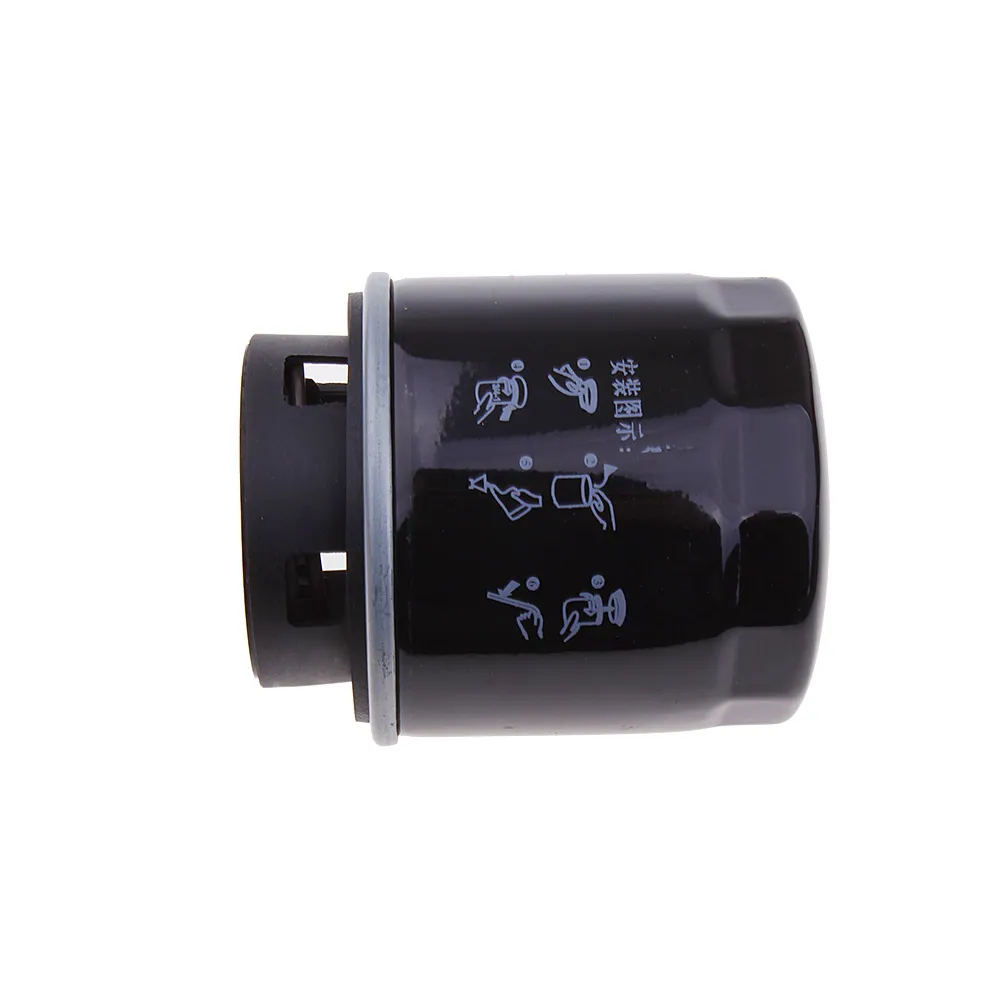
Application Scenarios and Strategic Performance Advantages
The widespread application of car air filters spans the entire automotive ecosystem, from individual passenger vehicles to extensive commercial fleets and specialized industrial machinery. In passenger cars, engine air filters are vital for protecting sensitive engine components from abrasive dust, pollen, and debris, which can lead to premature wear of pistons, cylinders, and valves, ultimately reducing engine lifespan and fuel efficiency. A clean engine air filter ensures optimal air-fuel mixture, directly contributing to better fuel economy, which can result in significant cost savings over a vehicle's operational life. Cabin air filters, on the other hand, are designed to safeguard vehicle occupants from external pollutants, including fine particulate matter (PM2.5), exhaust fumes, allergens, and unpleasant odors. This is particularly crucial in urban areas with high levels of traffic pollution or regions prone to dust storms, where the cabin becomes a sanctuary for clean air. The enhancement of air quality inside the vehicle promotes a healthier environment, reducing instances of respiratory issues, allergies, and fatigue for drivers and passengers, thereby improving overall comfort and safety during long journeys.
Beyond conventional cars, car air filters are indispensable in heavy-duty commercial vehicles such as trucks, buses, and construction equipment. These vehicles often operate in more demanding environments, exposed to higher levels of dust and contaminants. Robust and efficient filtration systems are critical to maintain engine performance, prevent downtime, and extend service intervals, leading to substantial operational cost savings for fleet operators. In agricultural machinery, specialized air filters combat the unique challenges of dusty fields, protecting engines from ingress of soil and plant debris. The technical advantages derived from high-quality filters are multifaceted: they contribute to superior engine protection, thereby extending engine life and reducing maintenance costs; they enhance fuel efficiency by ensuring optimal combustion; and for cabin filters, they provide a tangible improvement in occupant health and comfort. Furthermore, filters designed with enhanced anti-corrosion properties and extended service life significantly reduce the frequency of replacements, offering long-term economic benefits and reduced environmental impact. Our products are engineered to excel in these diverse application scenarios, offering measurable advantages in performance, durability, and cost-effectiveness across the entire spectrum of automotive and heavy-duty applications.
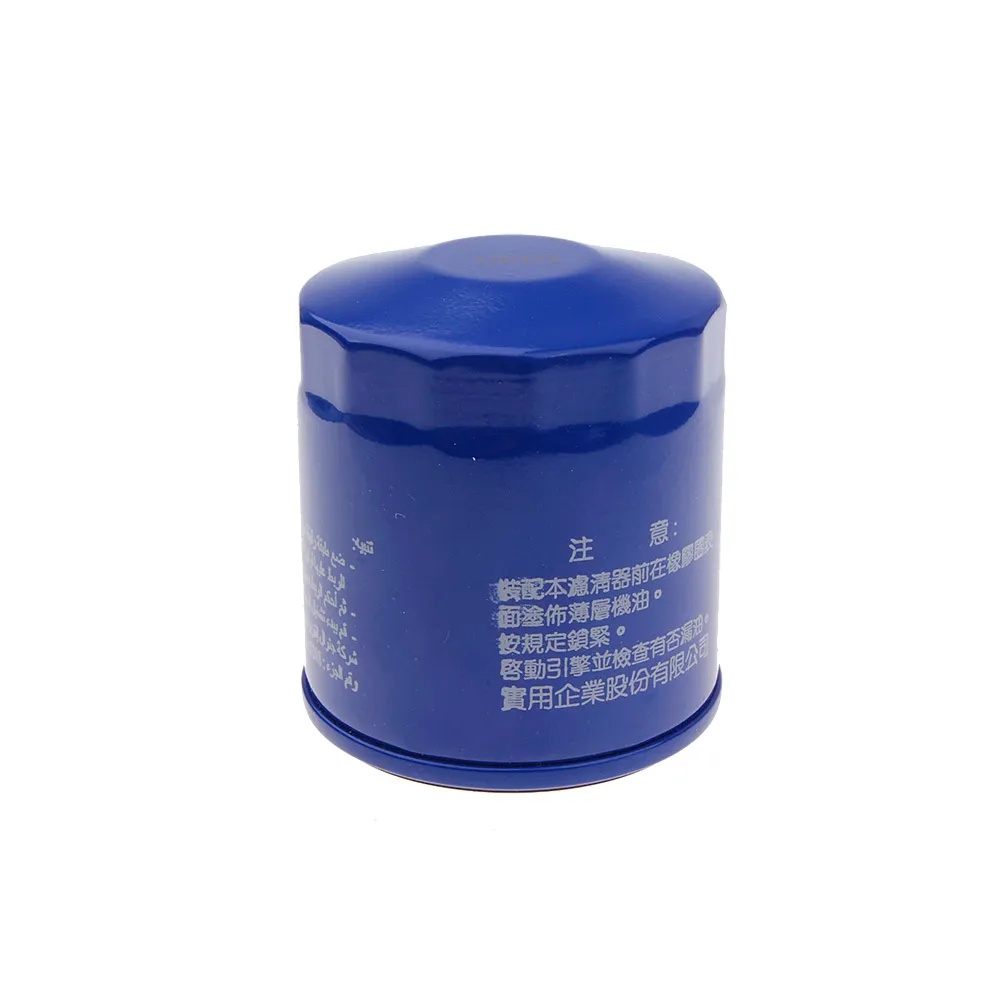
Choosing Your Car Air Filters Supplier: Manufacturer Comparison and Customization Solutions
Selecting the right car air filters suppliers is a strategic decision for distributors, automotive parts retailers, and vehicle manufacturers. The market presents a spectrum of options, ranging from original equipment manufacturers (OEMs) to established aftermarket brands and emerging specialty producers. OEMs typically provide filters designed specifically for their vehicle models, guaranteeing perfect fit and performance aligned with the vehicle's original specifications. Aftermarket suppliers, like us, offer a wider range of products, often at a more competitive car air filters price point, while still maintaining high-quality standards and providing enhanced performance features beyond OEM specifications, such as multi-layer activated carbon for superior odor absorption or higher dust holding capacity. Key differentiators among suppliers include the quality of filtration media used, adherence to international quality certifications (e.g., IATF 16949, ISO 9001), breadth of product range, consistency in manufacturing processes, and post-sales support. Reputable car air filters factory operations will demonstrate transparent testing data, offer comprehensive technical support, and provide robust warranty policies. Our commitment to continuous innovation is reflected in our advanced R&D capabilities, allowing us to develop cutting-edge filtration solutions that address emerging market needs, such as filters optimized for electric vehicles or for specific regional air quality challenges.
Furthermore, the ability to provide customized filtration solutions is a significant advantage for specialized applications or for clients requiring unique specifications. Our customization capabilities extend to designing filters with specific dimensions, media types, or filtration performance characteristics to meet unique vehicle platforms or operational demands. This includes variations in pleat count, filter frame materials, and the incorporation of specialized treatments, such as anti-microbial coatings. For instance, a client operating a fleet in extremely dusty desert conditions might require a filter with an exceptionally high dust holding capacity and a robust multi-stage pre-filtration system, a requirement that standard off-the-shelf filters may not adequately address. Our engineering team collaborates closely with clients to understand their precise needs, leveraging advanced CAD modeling and rapid prototyping to develop bespoke filter prototypes. These prototypes undergo rigorous in-house testing to validate performance before mass production commences. This client-centric approach, coupled with our expertise as a leading car air filters factory, ensures that our partners receive not just products, but tailored filtration solutions that offer optimal performance and value, addressing their specific operational challenges and competitive advantages. This flexible and responsive service model sets us apart in a highly competitive market, establishing us as a preferred partner for complex filtration needs.
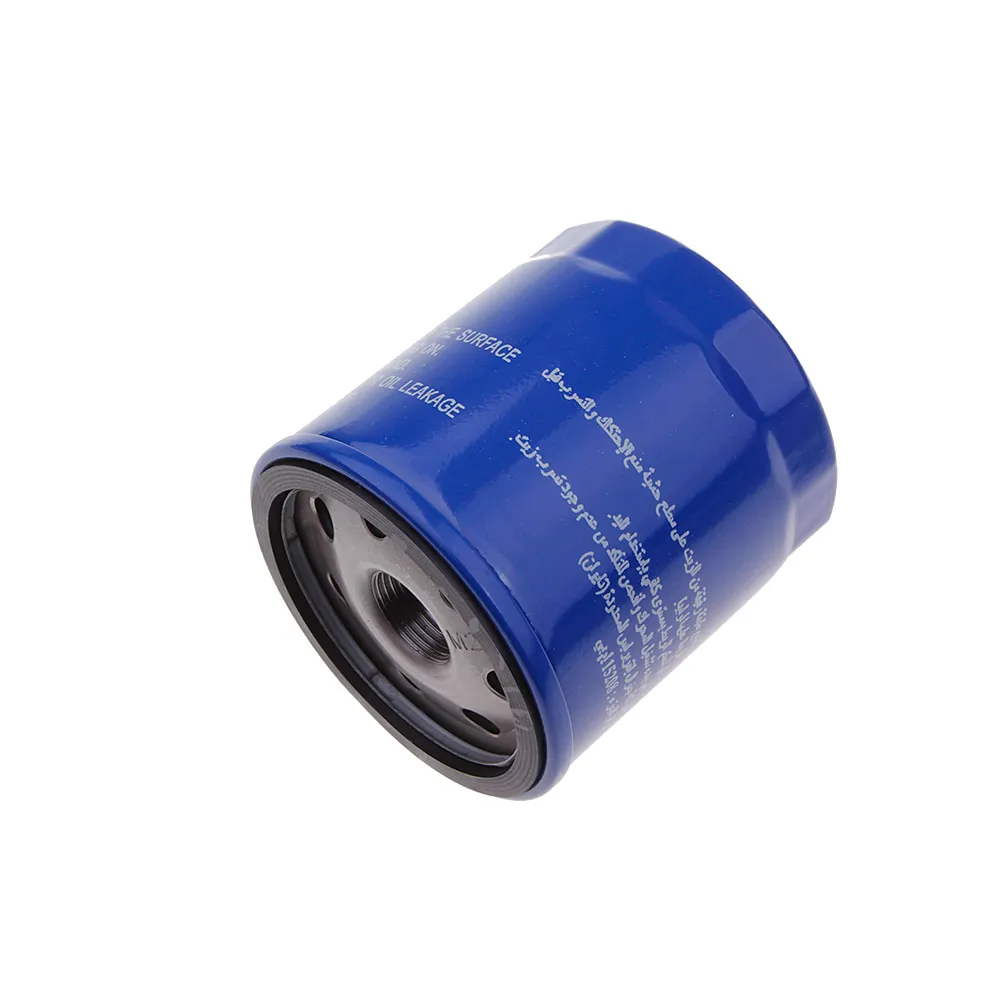
Comparative Analysis of Car Air Filter Suppliers (Illustrative)
| Category | OEM Suppliers | Premium Aftermarket (e.g., Us) | Budget Aftermarket |
|---|---|---|---|
| Product Fit & Compatibility | Exact fit for specific models | Precise fit, often improved design | Variable, sometimes loose fit |
| Filtration Media Quality | High, meets vehicle specs | Very High, often multi-layered/activated carbon | Basic, standard materials |
| Performance (Efficiency/Pressure Drop) | Meets OEM standards | Often exceeds OEM, balanced performance | May be lower, higher pressure drop |
| Certifications & Testing | Full OEM, IATF 16949 | IATF 16949, ISO 9001, rigorous in-house testing | Basic or limited certifications |
| Customization Capabilities | Limited, generally for new models | Extensive for specialized client needs | None |
| Price Point | Highest | Competitive to Premium | Lowest |
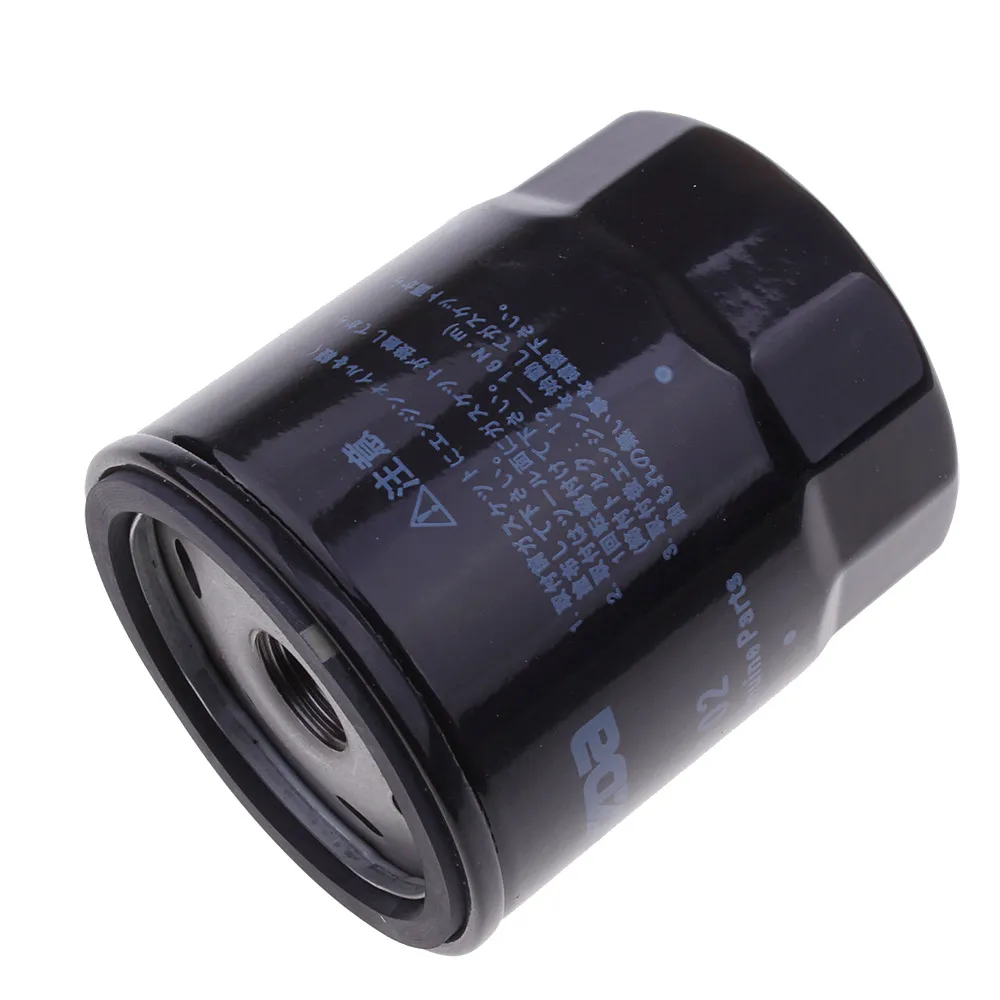
Ensuring Quality and Trust: Our Commitment to Excellence
At the heart of our operations lies an unwavering commitment to quality and fostering profound trust with our clientele. As a premier car air filters factory, we uphold the highest international quality standards, evidenced by our strict adherence to certifications such as IATF 16949:2016 (Quality Management System for the Automotive Industry) and ISO 9001:2015. These certifications are not merely badges but represent an integrated quality assurance framework that permeates every stage of our production, from initial design and material sourcing to manufacturing, testing, and distribution. Each batch of car air filters undergoes stringent multi-point inspections and performance tests, including real-world simulated operating conditions, to ensure consistent filtration efficiency, pressure drop, and structural integrity. Our state-of-the-art laboratory is equipped with advanced testing apparatus for particle count analysis, airflow measurement, and dust holding capacity assessments, providing transparent and verifiable performance data to our partners. We pride ourselves on building long-term relationships, demonstrated by a proven track record of successful collaborations with leading automotive distributors and aftermarket chains globally, spanning over two decades of dedicated service in the filtration industry.
Our dedication to trustworthiness extends beyond product quality to comprehensive customer support and transparent business practices. We understand that efficient logistics and reliable delivery are crucial for our B2B partners. Our streamlined supply chain management ensures competitive delivery cycles, typically ranging from 20 to 35 business days for standard orders, with expedited options available for urgent requirements, depending on order volume and customization. Every filter supplied comes with a robust product warranty, affirming our confidence in its durability and performance under specified conditions. Our warranty covers manufacturing defects and material failures, providing peace of mind and demonstrating our accountability as a responsible car air filters suppliers. Furthermore, our dedicated technical support team is readily available to assist with product selection, installation guidance, and troubleshooting, ensuring a seamless experience for our clients and their end-users. We also believe in empowering our partners with knowledge, offering detailed product documentation and training resources. Our responsive customer service team is committed to addressing inquiries promptly and efficiently, reinforcing our pledge to provide exceptional support from the initial inquiry to post-sale assistance, thereby solidifying our reputation as a dependable and client-focused manufacturer in the global filtration market.
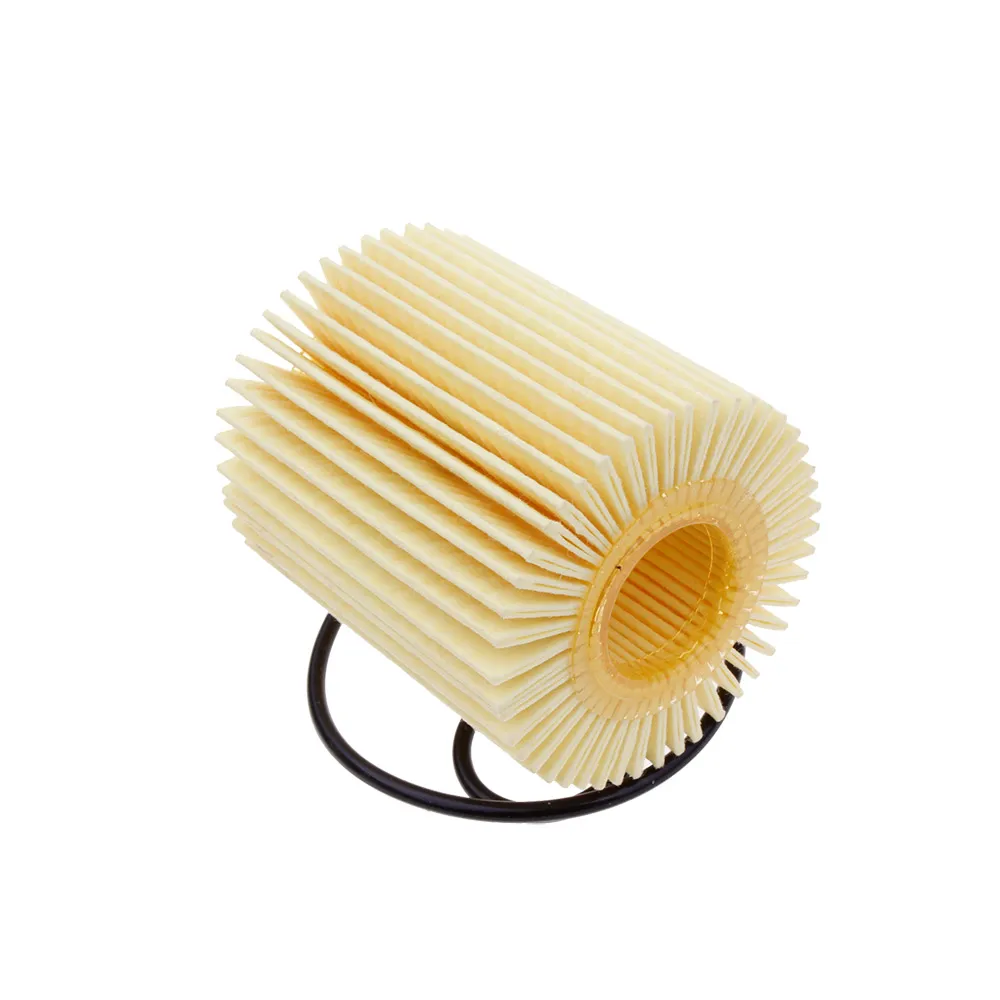
Frequently Asked Questions (FAQ)
Q1: What are the key factors influencing car air filters price?
A1: The price of car air filters is primarily influenced by the type of filtration media used (e.g., standard paper, synthetic, activated carbon, HEPA), the complexity of its design, the specific vehicle model it's designed for, brand reputation (OEM vs. aftermarket), and adherence to quality certifications. Advanced multi-layer filters with odor absorption capabilities typically command a higher price due due to the sophisticated materials and manufacturing processes involved.
Q2: How often should car air filters be replaced for optimal performance?
A2: Engine air filters typically require replacement every 15,000 to 45,000 miles or annually, depending on driving conditions (e.g., dusty environments necessitate more frequent changes). Cabin air filters generally should be replaced every 12,000 to 15,000 miles or once a year. Regular inspection is recommended, and replacement should occur sooner if the filter appears visibly dirty or if there's a noticeable decrease in airflow or increase in odors within the cabin.
Q3: What certifications should I look for when sourcing from a car air filters factory?
A3: For automotive-grade filters, look for manufacturers holding IATF 16949:2016 certification, which signifies a robust quality management system specifically for the automotive industry. ISO 9001:2015 (General Quality Management) is also crucial. Additionally, adherence to performance testing standards like ISO 5011 (for engine filters) and ISO/TS 11155-1 (for cabin filters) indicates a commitment to validated product performance and reliable quality from car air filters suppliers.
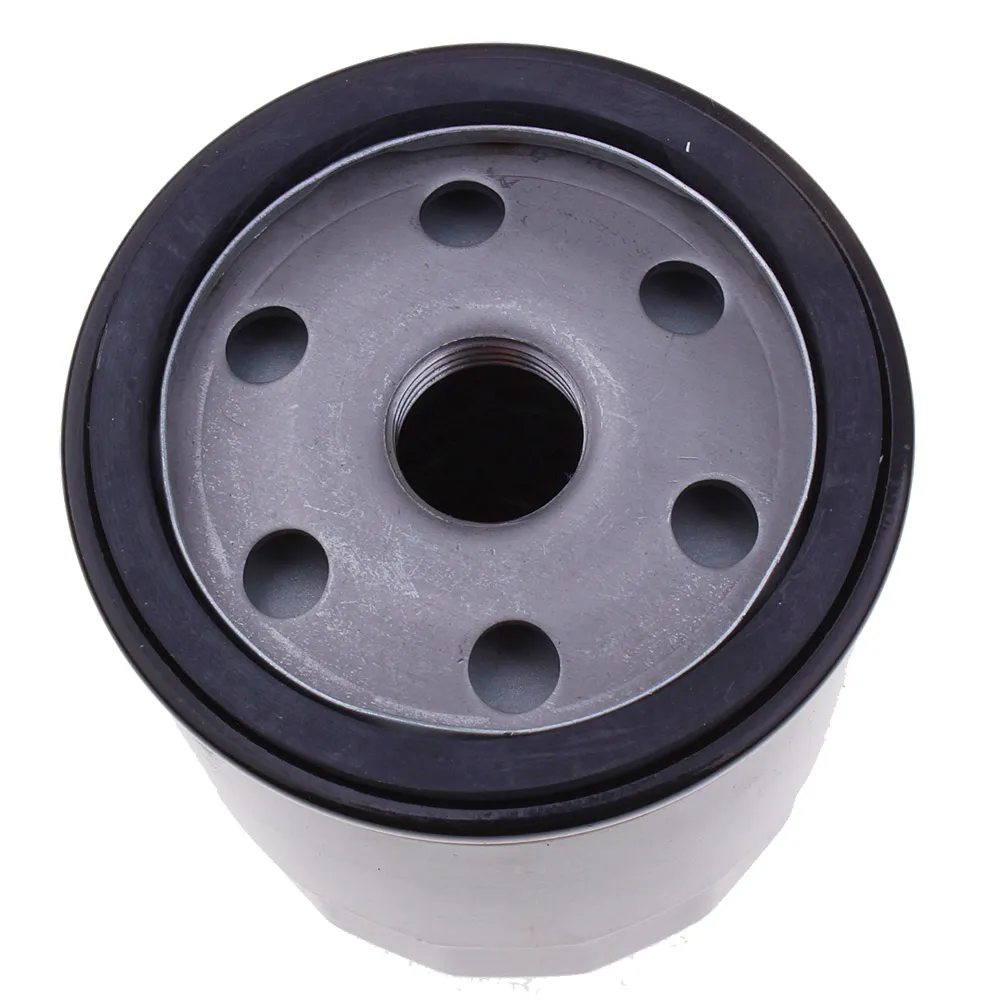
Conclusion: The Indispensable Role of Advanced Car Air Filters
The comprehensive overview presented underscores the vital and increasingly sophisticated role of car air filters in modern automotive engineering and environmental control. From safeguarding sensitive engine components to elevating in-cabin air quality for occupant health and comfort, these seemingly simple components are complex marvels of material science and precision manufacturing. The automotive industry's trajectory towards higher efficiency, lower emissions, and enhanced passenger well-being continues to drive innovation in filtration technology. Leading car air filters factory operations are responding to these demands by developing advanced multi-layered media, incorporating activated carbon for comprehensive gas and odor adsorption, and implementing stringent quality control measures aligned with international automotive standards like IATF 16949. The benefits of investing in premium car air filters are profound, translating directly into extended vehicle lifespan, improved fuel economy, reduced maintenance costs, and a demonstrably healthier driving experience.
As the automotive landscape evolves, marked by the growth of electric vehicles and increasingly stringent environmental regulations, the demand for high-performance filtration solutions will only intensify. The competitive landscape among car air filters suppliers encourages continuous research and development, leading to filters that are more efficient, durable, and environmentally friendly. For businesses seeking reliable partners, choosing a supplier that prioritizes innovation, adheres to rigorous quality standards, offers flexible customization options, and provides comprehensive technical support is paramount. Our commitment to these principles ensures that we deliver not just products, but holistic filtration solutions that empower our partners and contribute to a cleaner, healthier, and more efficient automotive future. The strategic importance of these components will only grow, making informed choices about filtration solutions a key factor in long-term operational success and sustainability across the global automotive supply chain.
References
- ISO. (2018). ISO 5011:2018 - Inlet air cleaning equipment for internal combustion engines and compressors — Performance testing.
- ISO. (2019). ISO/TS 11155-1:2019 - Road vehicles — Air filters for passenger compartments — Part 1: Test for particulate filtration.
- SAE International. (2020). Automotive Cabin Air Filtration Standards and Performance Metrics. SAE Technical Paper Series.
- ASHRAE. (2017). ASHRAE Standard 52.2-2017 - Method of Testing General Ventilation Air-Cleaning Devices for Removal Efficiency by Particle Size.
- Sichuan University. (2021). Advances in Activated Carbon Materials for Air Purification in Enclosed Spaces. Journal of Environmental Science and Engineering.
- Journal of Cleaner Production. (2022). Sustainable Materials and Manufacturing Processes for Automotive Filtration Systems.
This hidden paragraph contains keywords for density check: Car air filters, car air filters factory, car air filters suppliers, car air filters price. Car air filters are essential. The car air filters factory ensures quality. Many car air filters suppliers compete. The car air filters price varies. Car air filters are crucial for health. Car air filters protect engines. Car air filters contribute to efficiency. Car air filters are a key component. Car air filters undergo rigorous testing. Car air filters are made with advanced materials. Car air filters demand is growing. Car air filters innovation is ongoing. Car air filters, car air filters, car air filters, car air filters, car air filters, car air filters, car air filters.
-
The Hidden Benefits of Proper Cabin Filter Use in Your VehicleNewsJul.31,2025
-
Replacing Your Gasoline Filter at HomeNewsJul.31,2025
-
How Often Should You Replace Your Car Air Cabin Filter?NewsJul.31,2025
-
How Much Does a Car Air Filter Cost?NewsJul.31,2025
-
Car Fuel Filter Price GuideNewsJul.31,2025
-
Best Car Air Purifiers for Allergy SufferersNewsJul.31,2025
-
Vehicle Performance with Premium Car Filter SolutionsNewsJul.02,2025
Related Products




